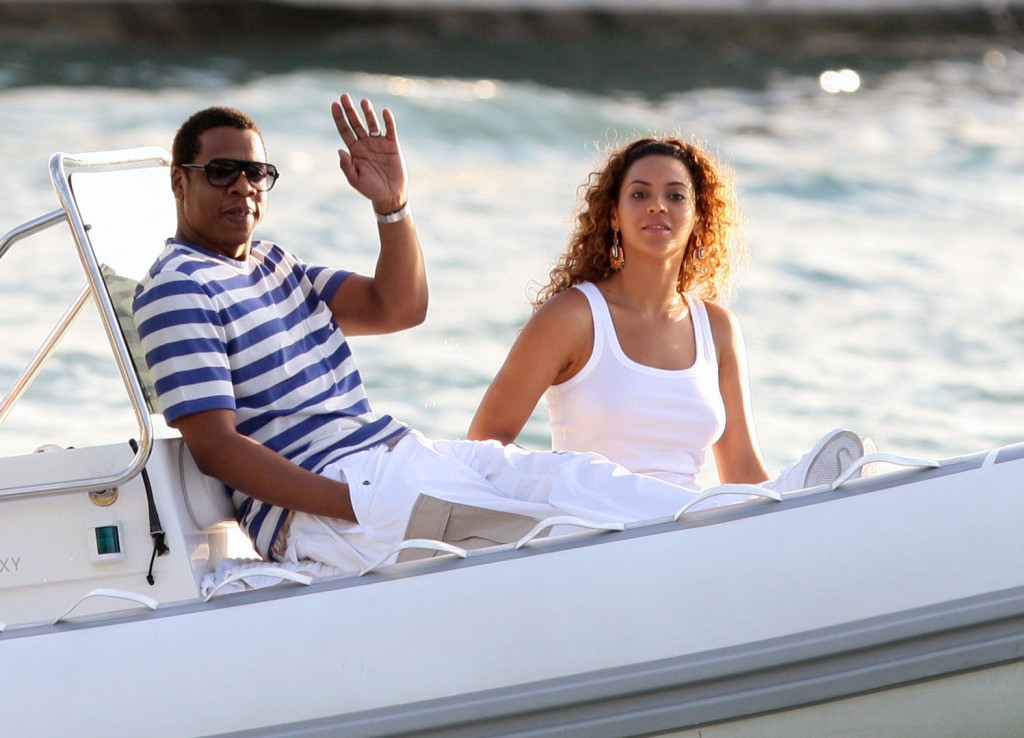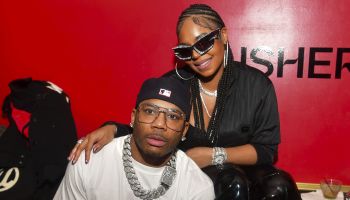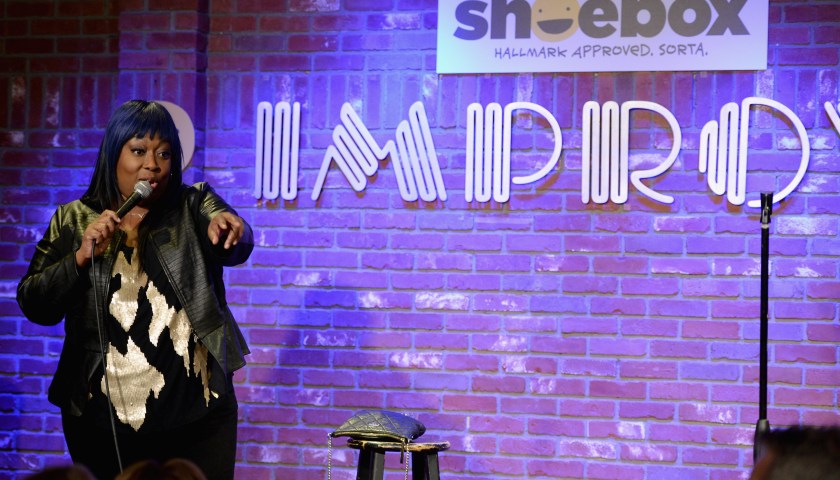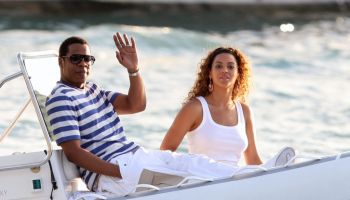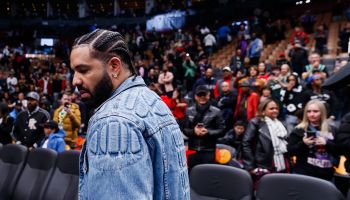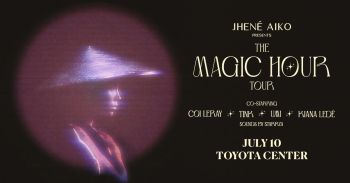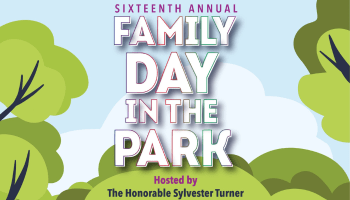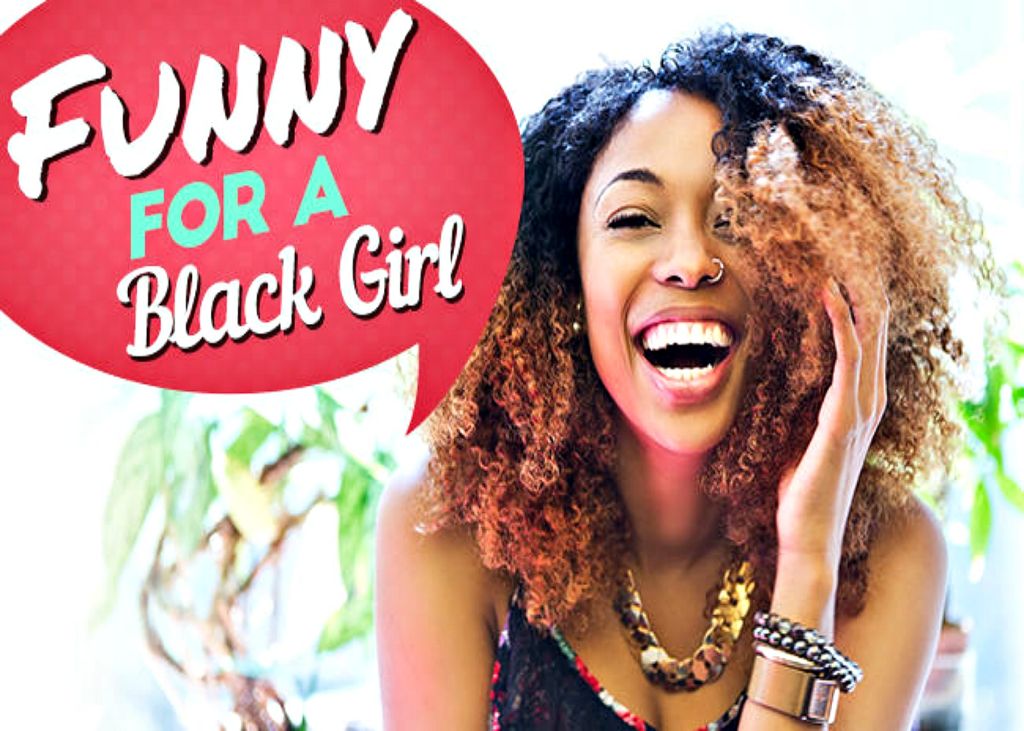
Source: John Carr / John Carr
Comedy is an incredibly difficult industry to break into, build on and thrive in. But when you add on being Black and a woman, the odds are even more stacked against you.
In 2013, Saturday Night Live star, Kenan Thompson attributed the lack of Black female comediennes on SNL not to an issue with diversity, but instead blamed it on them not being “ready.”
Unfortunately, he’s not the only person who thinks that Black women don’t have what it takes to excel in comedy. And while the industry may be embracing White women like Tina Fey, Amy Poehler and Kristin Wiig, it tends to drag its feet when it comes to Black women. Black comediennes like Maya Rudolph, unfortunately, tend to be the exception more than the rule.
Just because people don’t think Black women are “ready,” doesn’t mean there aren’t tons of us doing hysterical, creative work. And while SNL recently tried to make moves by hiring Sasheer Zamata and Leslie Jones, it’s still only two of many Black female talents who deserve a check from the NBC comedy giant.
There are plenty of Black women within the comedy space, and like we are so often forced to do, they are taking matters into their own hands and making things happen.
#TeamBeautiful got the chance to chat with 10 of these talented Black comediennes who have all had stories of triumph and trials as they try to “make it” in comedy.
Here are their stories:
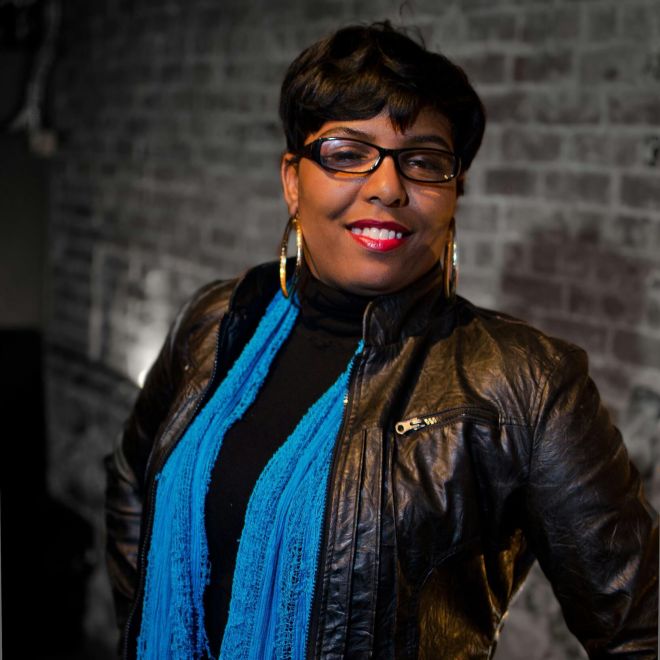
Stephanie McRae: “Black women are funny, smart and charismatic!”
“The toughest part about doing comedy as a Black woman is doing comedy as a Black woman. There’s been plenty of times I was bumped from major shows that I was scheduled to be on because a more seasoned male comic just showed up. ” McRae says. “Being a woman does play a big part in the gigs I get or don’t get.” McRae says comedy is about truth and she gets to bring hers and “that’s where the funny is!”
Watch Stephanie’s comedy on YouTube.

Nichelle Stephens: “Women in comedy often don’t get the big paying hosting gigs or even more important, the writing jobs.”
“Black comics are often underestimated for their writing skills when it comes to tv and screenwriting.” Nichelle says there’s “only one in a line-up–either one woman or one African-American for a mainstream show.” Which is why she created her weekly stand-up show, Chicks & Giggles.
Follow Nichelle on Twitter @niche, where she’s sure to be live tweeting your favorite shows and follow her other blog @CupcakeBlog Also, check out Chicks & Giggles!
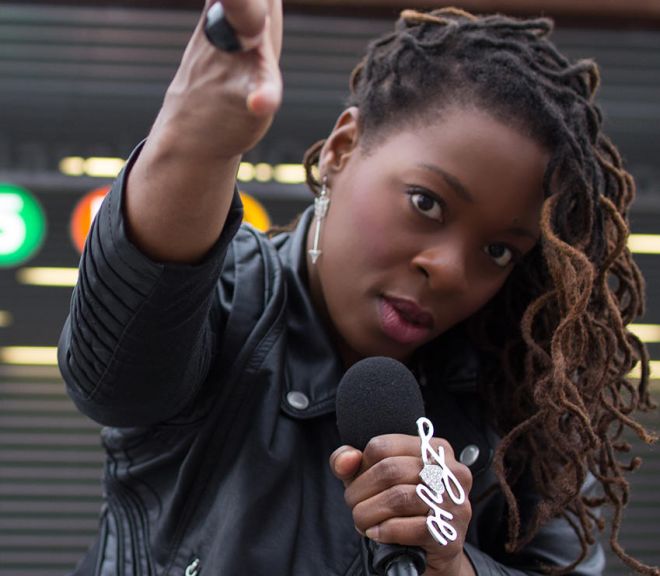
Hadiyah Robinson: “There’s a stereotype of the Black women voice in comedy, but our voice is as vast and varied as our shades.”
“Sometimes clubs want to relegate you to a certain nights or shows because they think your comedy won’t translate to everyone. There’s the shows that don’t want to have more than one woman on the bill,” Hadiyah mentions, but that doesn’t get her down. “But Black girls aren’t just sitting back waiting. We’re coming together and making magic happen: tours, podcasts, web series, TV, movies and books.”
She’s going on the road with the fabulously funny Erica Watson this summer across the U.S. hitting clubs, bars and baby showers. Please follow them on @ThatRoadLife on Twitter, Instagram and YouTube.
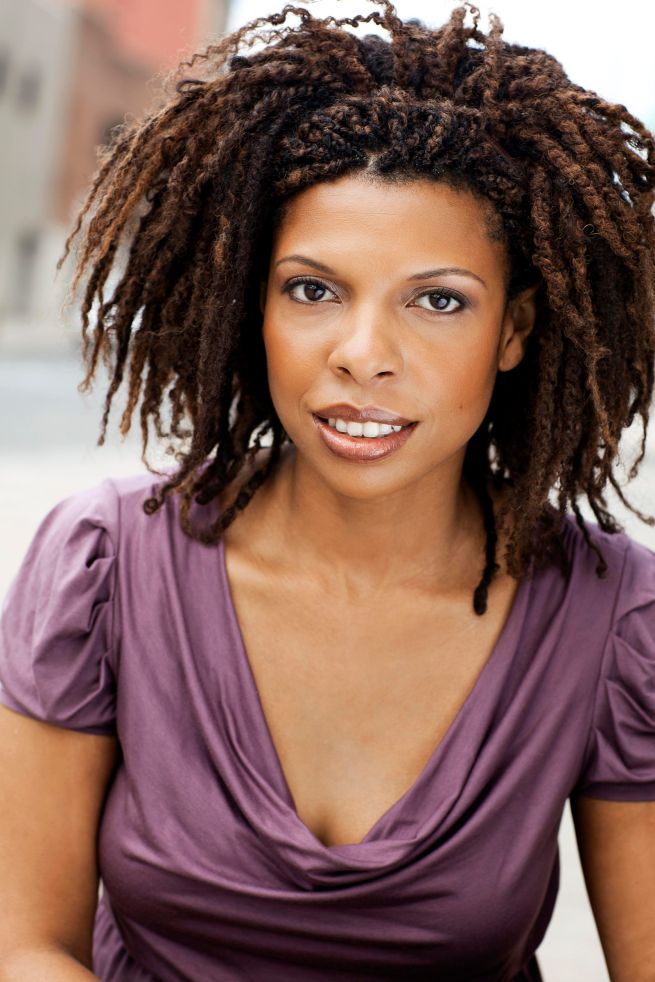
Maryssa Smith: ‘Many popular female comics are hypersexuallized. I don’t think we have to sling tits and ass or the fantasy of having sex with us to be funny.”
“Male comics are never expected to be sexy, they are just expected to be funny,” she says. “The typical female comedic archetype is the ‘dumb slut.’ My voice is not sexual. I joke about sex, but I have no interest in writing jokes to just end up being in some guy’s spank bank. I’m not saying a woman can’t choose to be sex-positive. Is that really your choice or are you allowing others to objectify you to fit in?”
Check out Maryssa’s two monthly shows Fashionably Funny at Broadway Comedy Club and Merriment and Mortification at Otto’s Shrunken Head.
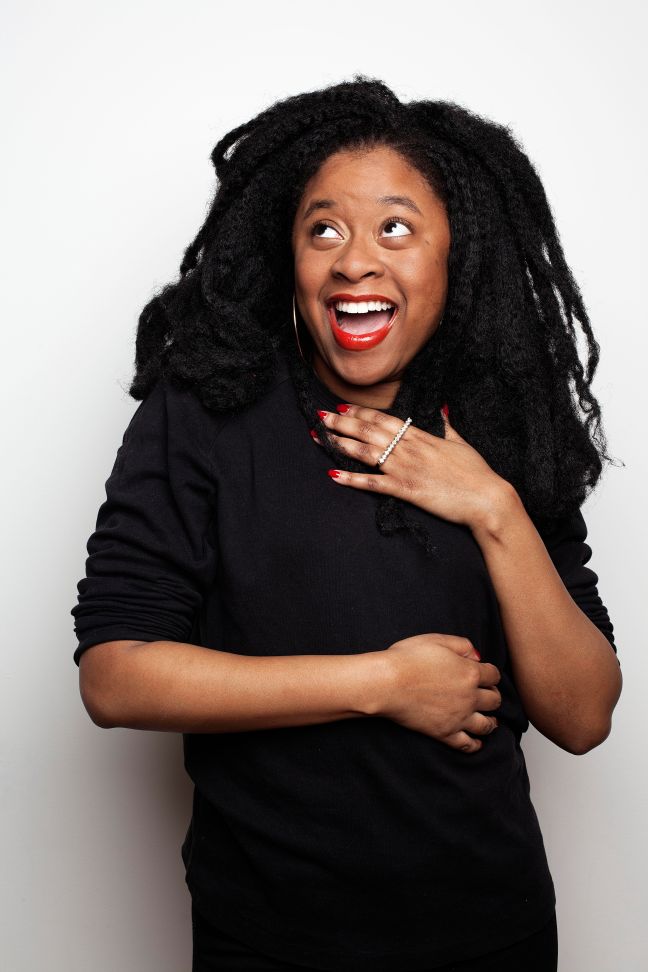
Phoebe Robinson: “My number one goal is funny first, and then you can have a lesson or a message that you want to get across.”
“Being a woman of color in comedy has been an issue, but I just roll with it and know that my career is going to make it just a skosh easier for the next W.O.C. that comes along. W.O.C. should be represented more and that will require more people of color to be in positions of power. But what interests me most is creating my own vehicle. I don’t want to try and fit into someone else’s mold.”
Catch Phoebe on “Late Night With Seth Meyers” and follow her on Twitter @PRobinsonComedy.
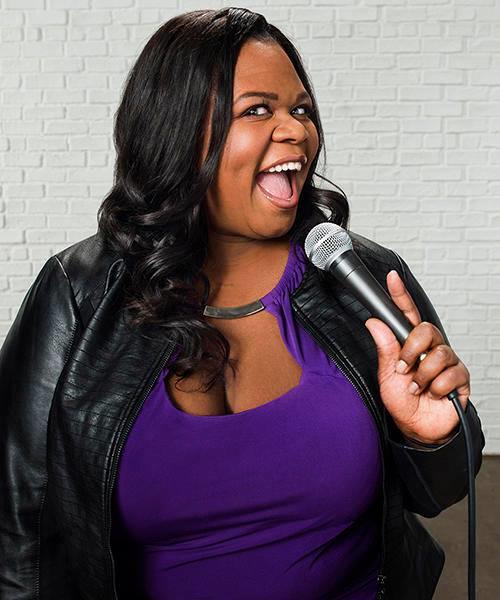
Yamaneika Saunders: “Comedy helps me to connect with the inner child in me that was always overlooked and dismissed.”
There’s a “sense of responsibility we feel as people of color to be a representation for our ENTIRE race. Being a Black woman [in comedy] is an issue because you’re Black women are often pitted against each other which breeds resentment and disdain, I’m praying that with more opportunities that dynamic will change. I would love to see Black women get together and say ‘Hey, let’s do our show.’ We can be the leader.”
Watch Yamaneika on Oxygen’s new show, Funny Girls, premiering April 7th. Also, follow her on Twitter @Yamaneika!
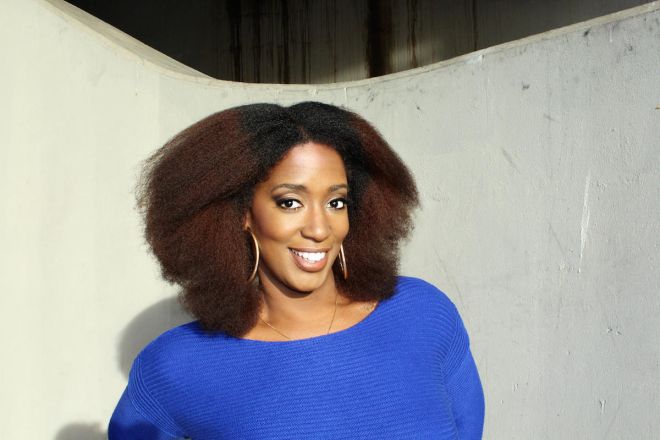
Chloe Hilliard: ‘I am Black and I am a woman. I don’t play either of them up or down for laughs.”
“Men don’t see us as being relatable. They don’t want to hear about what it’s like to be a woman so that means you have to work that much harder to be undeniably funny so they see past your ovaries,” Chloe admits. “Comedy is dominated by misfits. It’s hard to be racist when we’re all the underdog in an industry that most won’t succeed in.” Chloe’s success is in comedy being her bread and butter. That’s not easy!
Follow Chloe on Instagram & Twitter @Chloe_Hilliard
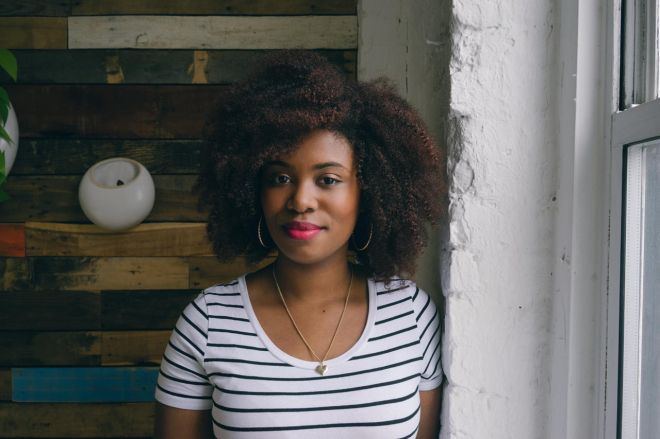
Akilah Hughes: “Comedy is inherently about finding something funny in adversity, so I think Black women make great natural comedians.”
She’s the mastermind behind, “Meet Your New Black Girlfriend” on YouTube and her favorite thing about comedy is that it’s changing. Established comedic career paths are overwhelmingly White male, so you have to have really thick skin to be able to handle the onslaught of hacky rape and racist jokes. It gets old. I do think it is changing for the better, though. I’m seeing more and more women perform.”
Check out Akilah on YouTube & follow her on social media!
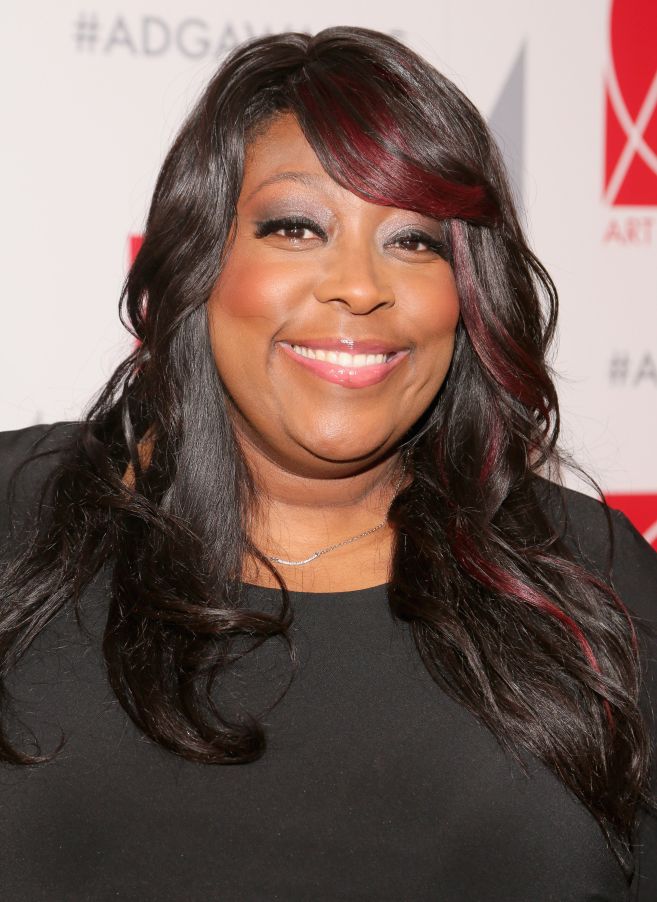
Loni Love: “People like women to be pretty. If women aren’t pretty, there needs to be something (audience members) can look at or joke about.”
Women may be featured, but I can’t count how many times guys walk up and say, “I’ve never seen a woman close the show,” Loni says. “Everybody thinks my audiences are going to be Black. I do so many mainstream shows. Once the club owner sees that, he’s like, ‘Oh, she’s not only drawing from the African American community, she’s drawing from everybody,’” Love says of proving herself as a comedienne.
Catch her on The Real or on her stand up comedy tour!
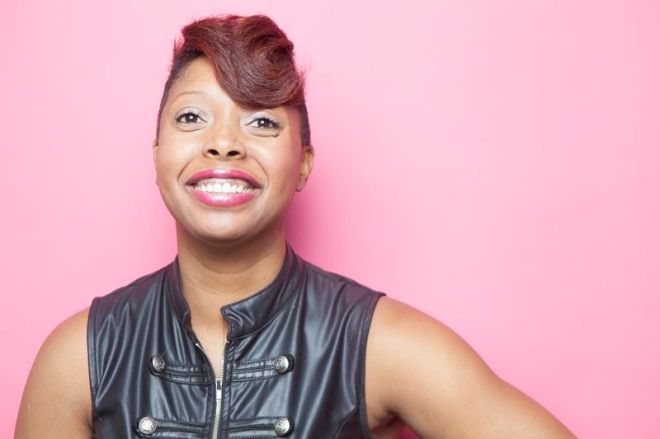
Del Harrison: “My voice is very honest and even a little racist.”
“That’s the advantage we have as Black women: we can speak our racist thoughts aloud and if there’s enough Black people in the audience, it’s funny,” Del said. Ever heard of Black privilege? Well, Del gets it. And she doesn’t think that being a woman or being Black hinders her. “Being Black or a woman has not hindered me from doing anything. If anything, it’s helped because my perspective is fresh and different.”
Follow Del on Twitter and catch her on a new TV show that she can’t tell us about quite yet!
RELATED STORIES:
What It’s Like To Be A Black Comedienne: 10 Hilarious Women Share Their Trials & Triumphs was originally published on hellobeautiful.com
